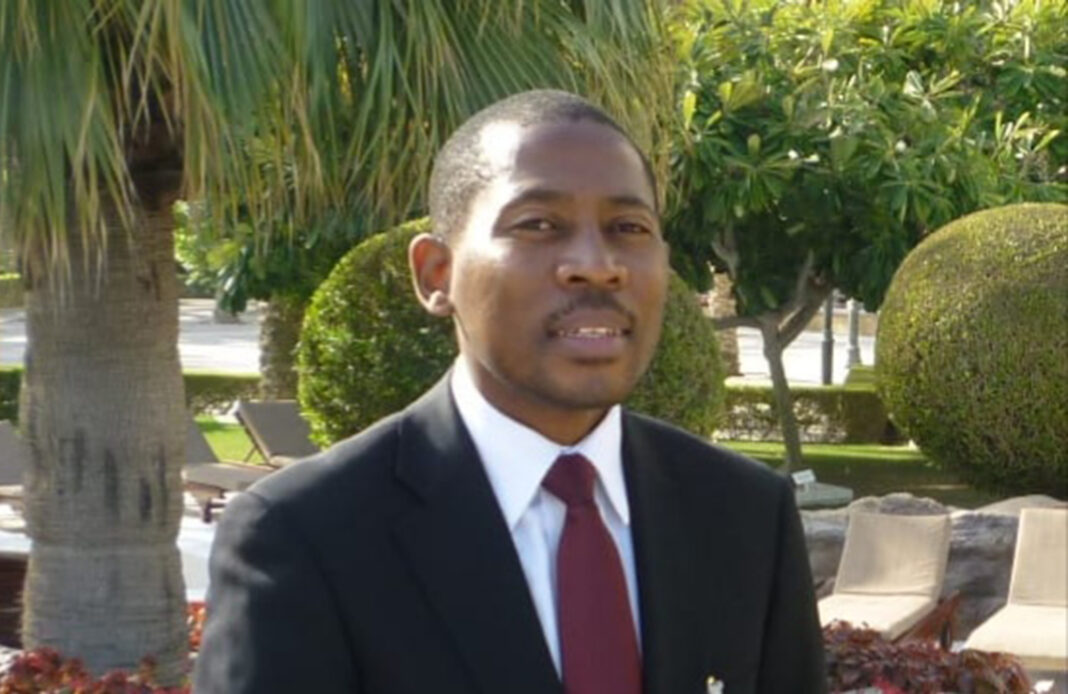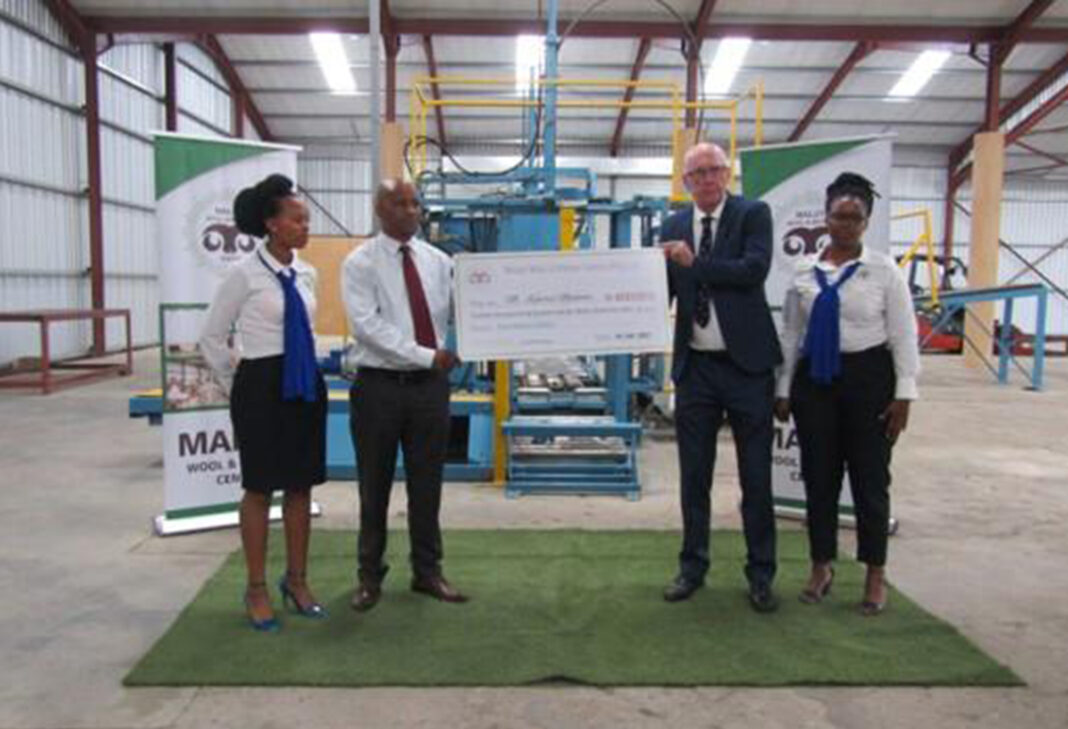By Kefiloe Kajane
The National Reforms Authority’s (NRA) objective is the promotion of long-term national stability, unity and reconciliation, the creation of professional, functioning and effective institutions for the efficient management of public affairs, service delivery and development, building a national consensus on and implementation of constitutional changes as needed.
In November 2020, the National Reforms Authority (NRA) appointed Advocate Mafiroane Motanyane as its chief executive officer. theReporter’s Kefiloe Kajane sat down with the rather taciturn and laid back Motanyane to take stock of the progress of the reforms.
One again, congratulations on your appointment as CEO of NRA. But first, tell us about yourself. Who is Mafiroane Motanyane?
I am Mafiroane Motanyane. I am from Leribe Matukeng. I went to Tsikoane Primary and did my high school and Sacred Heart High School. I studied law at the National University of Lesotho where I obtained my BA Law and LLB qualifications.
I started my first job in 1999 working at the Attorney General’s office – the legal adviser to the government and government’s legal representative.
What exactly are your responsibilities as CEO of NRA?
My responsibility as the chief accounting executive officer of NRA is to make sure that the NRA runs smoothly the way it is meant to. I am responsible for the day to day running of the authority. Also my responsibilities include making sure that NRA give reports to the government, SADC and parliament.
Apart from that, my biggest responsibility is to make sure that there is staff at NRA that will enable us to fulfill what we are here for, which is what Basotho asked us to do. We do this through drafting policies and I help supervise on that.
Are there any specific targets that you are expected to achieve before the 2022 elections?
What we have to understand as Basotho is that reforms are not meant for the 2022 national elections. These reforms are the dream that Basotho are hoping to achieve going forward for the benefit of the present and future generations.
In other words, this is a long term vision not limited to the 2022 national elections. Having said that, we cannot ignore the importance of the upcoming national elections because we want to see change after those elections, in how we approach certain matters. We want to see peace and stability so we cannot do this job as an authority without having the 2022 elections in mind.
We are trying to address issues that normally lead to instability after elections, as you will note that normally when people go for elections are happy but after that, there is some instability. To answer your question directly, yes on issues that relate to constitutional law, parliament, national security and courts those that could lead to instability after elections, we need to have completed them before end of this year, maybe in September or October.
The most important reason is to give ourselves time as a country to make sure that the reformed laws can be be put in place early before the elections so that there can be stability. Because there should be a referendum first.
What would you do if politicians – who are vast majority in NRA – tried to deviate from certain National Dialogue resolutions that don’t favour them?
I would firstly like to say, reforms are not for chiefs, NRA or, politicians that are inside NRA; they are for Basotho. NRA is given boundaries by the NRA Act No4 2019 which informs NRA on which guidelines they should go with. The guidelines are a plenary report, which is the opinions that the public have given. Meaning anyone in the NRA has to go by those guidelines. Luckily, all NRA members, be it politicians, independent organisations or anyone, understand their mandate.
If you refer to the NRA Act, it says the aim of the NRA is to safeguard the opinions of Basotho. So for me, I do not have any fear of such things happening. As NRA, it will be our responsibility to guide them and remind them of the mandate if they gol astray.
Will the NRA recommendations on legislation of the National Dialogue resolutions which is their roadmap, be subjected to national consultations, as draft bills are done?
We should remember that reforms are a process. It is a process that the public should go through with those working on it with peace and understanding. When NRA takes on this reforms journey, it should not leave the public behind. We are talking about a country that has over 50 years of independence but that has no stability.
I do not know if there has been an understanding to the public of what the reforms actually are. We should not treat them as an event that should just be rushed and passed quickly. NRA advised itself that since it was given 12 -18 months, their regulations encourage that there should be stakeholders’ consultations where we take the public views. We have so far drafted the Referendum Bill, 10th Amendment to the Constitution Bill, Human Rights Commission Bill and we will now be working on the DCEO Bill and IEC Bill. Those that we have done, we had consultations with relevant stakeholders.
What we admit we need to work harder on is that we need to increase our reach so that people can know when this stakeholder’s forums are being held so that they can also contribute their input.
What would you do if the NRA reneged on its own critical undertakings, as it allegedly happened with the CEO appointment?
I do not remember NRA reneging on anything. The appointments made by NRA happen in full view of the public. I am not aware of any situation that was reneged on, but NRA under my watch and the watch of the deputy CEO and chairmanship – in fact the whole NRA itself – we understand the mandate of the public enough not to renege on or divert from any situation.
Several key stakeholders, especially CSOs have canvassed the idea of negotiating Section 85 as a precursor to implementing National Dialogue resolutions. What is your take on this?
We are aware of the initiative of CSOs of addressing Section 85; it is the way the law is. What we know is that the law says when you touch certain sections you need to hold a referendum. The stakeholders’ meetings that we have had and all the ongoing public gatherings, can we call them a referendum? No. We should really ask ourselves and understand what a referendum is. The law is not something that I as a person can just interpret at will, the way I want to interpret it.









